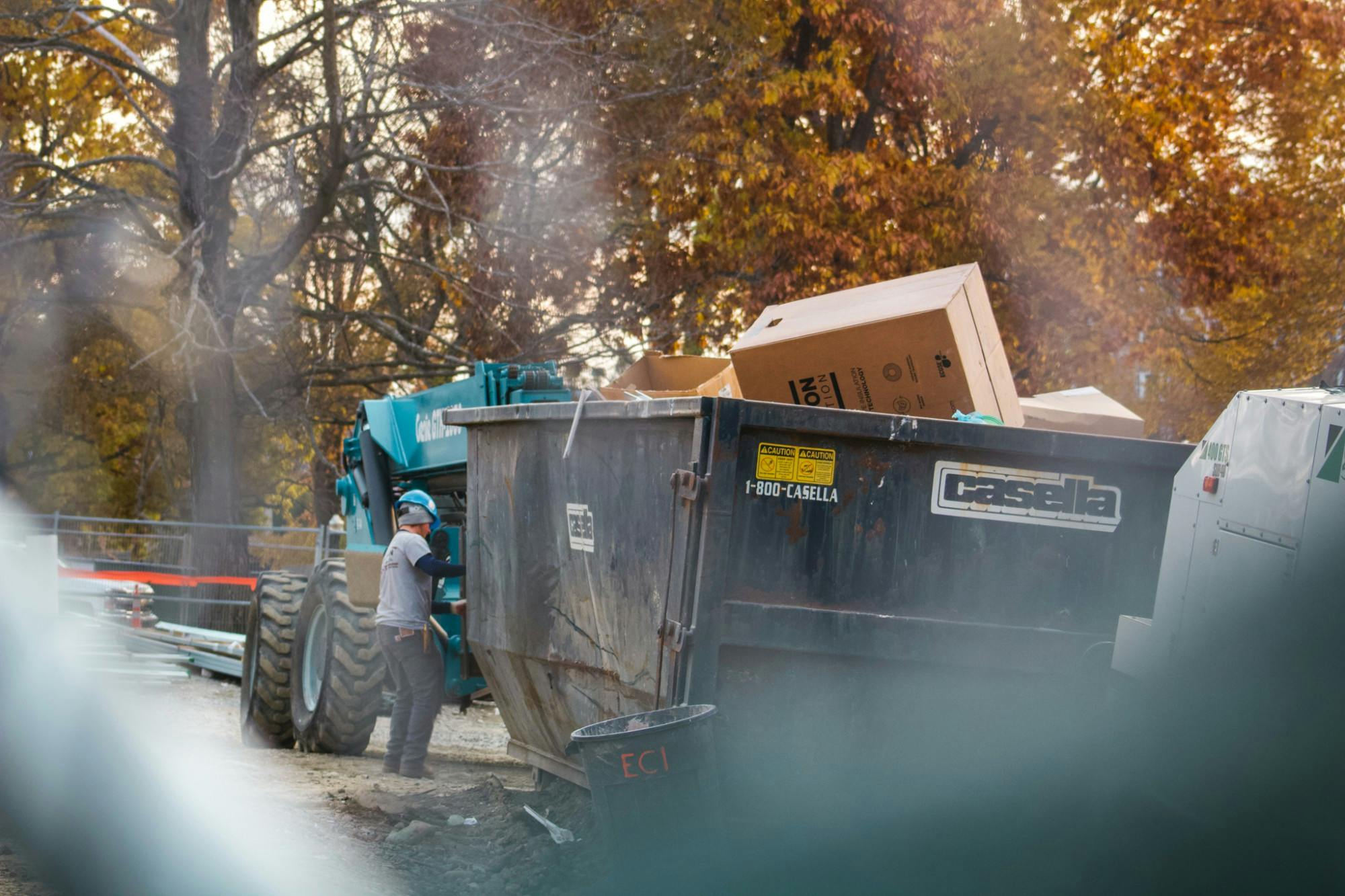On Nov. 15, President Joe Biden signed the $1.2 trillion Infrastructure Investment and Jobs Act into law. The bill will give an estimated $2.2 billion in federal funding to Vermont and over $2 billion to New Hampshire, according to press releases from Vermont Sen. Bernie Sanders — an Independent who caucuses with Democrats — and New Hampshire Sen. Jeanne Shaheen, a Democrat.
The bill, an amended version of a House proposal, passed the Senate in a 69-30 vote in August with the support of every Democrat and 19 Republicans. On Nov. 5, the amended bill once again passed in a 228-206 vote in the House — earning the votes of 13 Republicans and all but six Democrats — and on Nov. 15, Biden signed the bill into law. Every federal representative of Vermont and New Hampshire voted in favor of the bill.
The bill will fund roads, public transit, electric vehicle infrastructure, electric buses, clean drinking water, high-speed internet, environmental remediation and more, according to a press release from the White House. The law also supports “the largest federal investment in passenger rail since the creation of Amtrak” and “ensures every American has access to reliable high-speed internet.” .
Woodstock, Vermont municipality manager William Kerbin said that the act will be “an asset to the state, the Upper Valley and Woodstock itself.” He added that there has never been an expenditure on infrastructure of this magnitude in the history of his career.
“It allows us to make great improvements to roads, bridges, culverts and, hopefully, other infrastructure,” Kerbin said.
Similarly, Hartford public works director Hannah Tyler wrote in an emailed statement that she is excited by what the funding may allow the city of Hartford to accomplish.
According to Hanover town manager Julia Griffin, public infrastructure in Hanover that will benefit from the bill include broadband internet access, bridges, wastewater and potentially public transit in the town will benefit from the bill. She added that Hanover has about three dozen bridges that could possibly submit for funding from the federal government.
“Broadband is going to be funded, and that is huge for rural New Hampshire,” Griffin said. “Large segments of rural New Hampshire do not have high-speed internet service; fully half of Hanover doesn’t have high-speed internet.”
One of the current challenges of the bill is the uncertainty of what projects are eligible for federal funding. Tyler wrote that she does not yet know “what types of projects will qualify and the timing of the funding.” Similarly, Kerbin said that he is communicating with Vermont’s congressional delegation to determine how Woodstock will be able to employ the money. However, at the end of the day, he believes the law will have a positive impact on the local economy.
“I think it’s going to have a huge economic impact on the local area in Woodstock just by the virtue of increased projects [necessitating] contractors and workers,” Kerbin said.
Griffin, however, said that she will wait to assess the impact of the bill — noting that the COVID-19 pandemic caused a number of people to choose to leave the labor market.
“I don’t have the confidence that I once had to say that this is great for job creation, because it’s not clear if we have people who want these jobs created for them,” Griffin said.
Griffin said that she hopes to see the Build Back Better plan — the Biden administration’s other major legislative initiative that would fund a variety of social programs such as universal pre-kindergarten, child care and action on climate change — pass, as it has “even more significant positive implications for future generations” than its predecessor.




